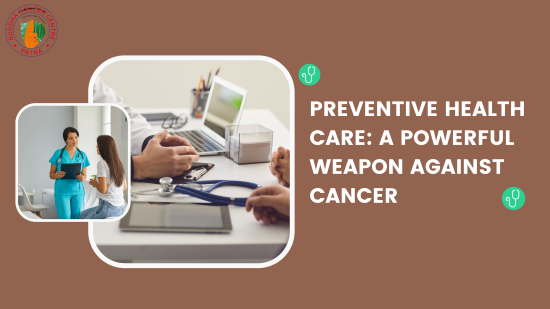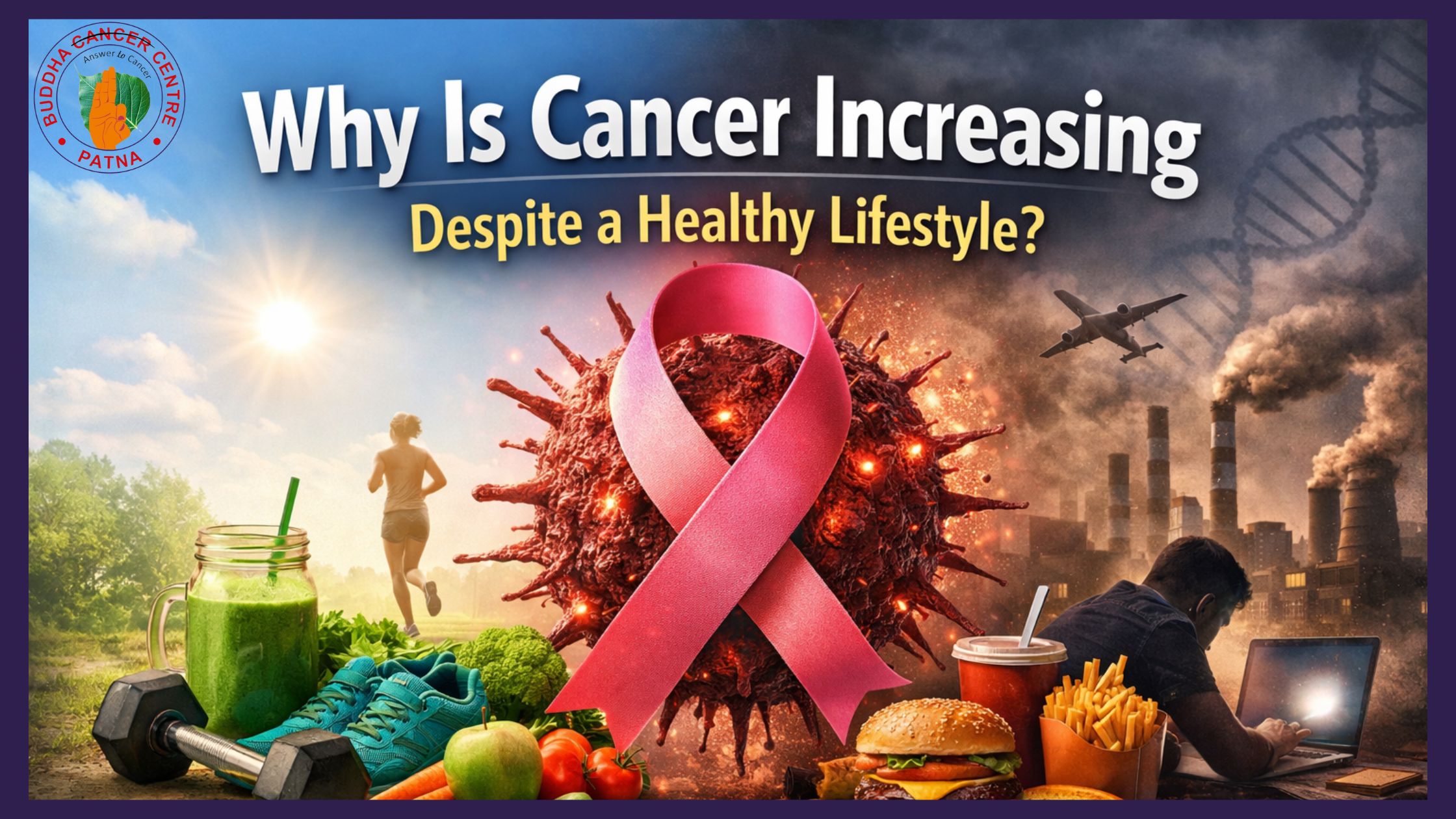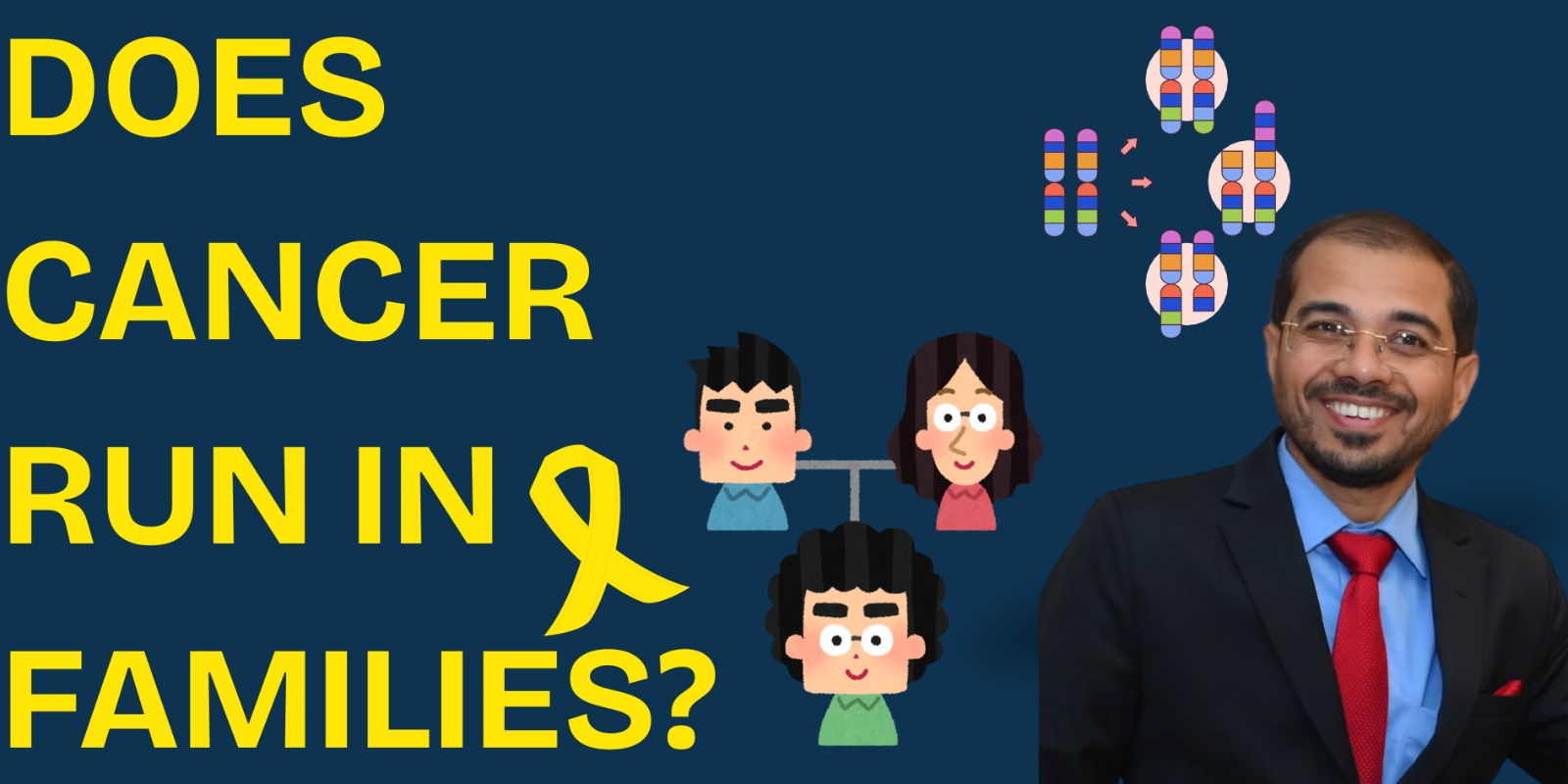


In today's fast-paced world, maintaining good health can sometimes take a back seat. However, prioritizing preventive health care is one of the most effective ways to safeguard our well-being. When it comes to cancer, early detection and prevention can significantly reduce risks and improve survival rates. Let's explore how preventive health care plays a crucial role in fighting cancer.
Preventive health care focuses on maintaining health and preventing diseases before they become severe. It includes regular check-ups, screenings, vaccinations, lifestyle changes, and health education. This proactive approach is particularly important for cancer, where early detection can make a life-saving difference.
Cancer occurs when abnormal cells grow uncontrollably. While some risk factors like age and genetics are beyond our control, many lifestyle-related factors can be managed to reduce cancer risks. Here are some preventive measures:
Early detection is crucial in the fight against cancer. Screenings like mammograms, Pap smears, colonoscopies, and skin checks can help identify cancer at an early stage when it's most treatable. For example, regular mammograms have been proven to reduce breast cancer mortality by detecting tumors early.
Preventive health care empowers us to take control of our health. By making informed lifestyle choices, staying vigilant with screenings, and addressing mental well-being, we can lower the risk of cancer and improve our quality of life.
Cancer prevention isn't about living in fear but about making proactive choices that promote overall health. Regular check-ups, healthy habits, vaccinations, and mental health care are key components of preventive health care that can save lives. By prioritizing prevention today, we can build a healthier tomorrow.

